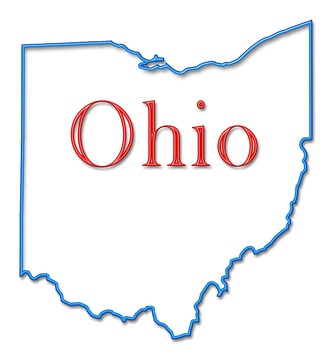This Op-Ed by Lisa Kochheiser was published in TruthOut on September 17, 2019.
For weeks, a legislator’s identity was kept secret by the Ohio General Assembly. When constituents asked who inserted language denying the rights of nature into the 2020-2021 House budget bill, their elected representatives simply shrugged their shoulders and told those of us who asked, “Nobody knows.”
Yet, somebody introduced the destructive language into the House budget bill, which says that “nature or any ecosystem does not have standing to participate or bring an action in a common pleas court and no person, on behalf of or representing nature or an ecosystem, shall bring an action in such court.”
The language is directly aimed at discouraging people from passing new Rights of Nature (RON) laws, which give citizens legal standing to sue major polluters on behalf of a natural entity, such as a river or an entire ecosystem. RON laws are a response to the failure of conventional environmental laws that were systemically designed to make it nearly impossible for people to protect the health and safety of their communities and the environment from corporate harm and unjust laws.
An example of a RON law is the Lake Erie Bill of Rights, a historic measure that made international waves this year when the people of Toledo, Ohio, passed their own law protecting Lake Erie from corporate agricultural pollution. The Lake Erie Bill of Rights is different from other environmental laws because its language subordinates corporate “rights,” holds corporations liable, and directs all proceeds from lawsuits to a dedicated fund for restoring the lake.
This year’s budget bill was passed as residents in Williams County, Ohio, were submitting signatures for a county charter to protect the region’s sole source of drinking water, the Michindoh Aquifer, from corporate privatization.
(To read the rest of this article at its original source please click HERE.)

